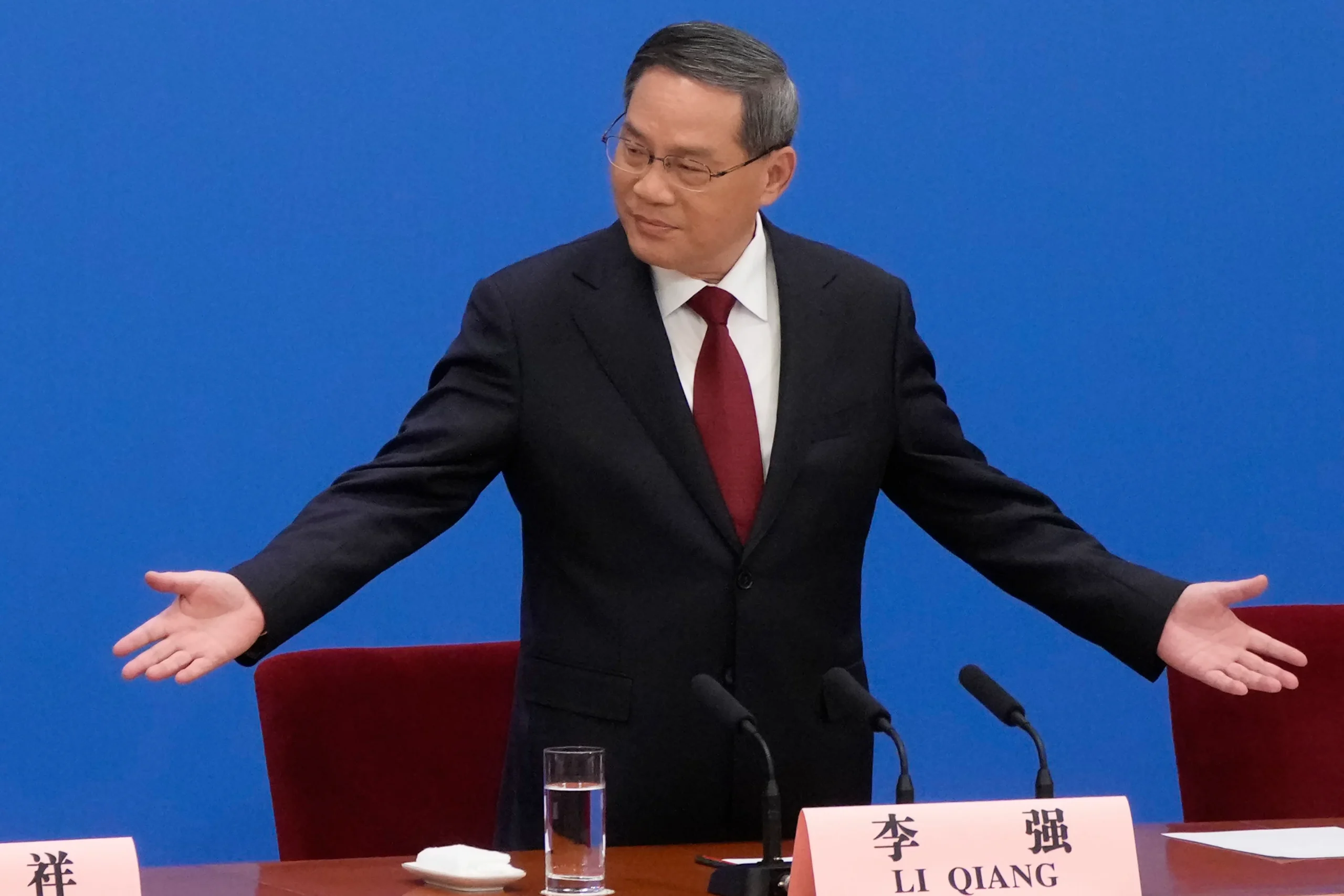Chinese Premier Li Qiang is scheduled to visit Saudi Arabia and the United Arab Emirates (UAE) from September 10 to 13, as confirmed by China’s foreign ministry on Monday. During the trip, Li will lead the Fourth Meeting of the High-Level Chinese-Saudi Joint Committee, strengthening ties between China and these Gulf nations.
China, although an oil producer, remains a major importer of crude from the Middle East, a region where it has been expanding its influence over recent years. In 2023, Beijing played a key role in brokering a historic reconciliation between regional rivals Saudi Arabia and Iran, signaling China’s growing diplomatic presence.
Additionally, China has taken a different stance on the Israeli-Palestinian conflict compared to the United States. While advocating for a two-state solution, it has maintained strong relations with Israel, positioning itself as a more neutral actor in the region’s geopolitical landscape.
The Middle East is also integral to China’s ambitious Belt and Road Initiative (BRI), which aims to boost infrastructure development and expand global trade links. The region plays a key role in Beijing’s broader strategy to enhance its international influence and secure strategic partnerships. The Belt and Road Initiative is a cornerstone of President Xi Jinping’s efforts to extend China’s presence and economic reach across multiple regions.
Li Qiang’s upcoming visit underscores China’s ongoing efforts to bolster economic and diplomatic relations with key Middle Eastern countries, particularly in energy cooperation and infrastructure development. These partnerships reflect Beijing’s long-term commitment to playing a pivotal role in the region’s geopolitical and economic affairs.










